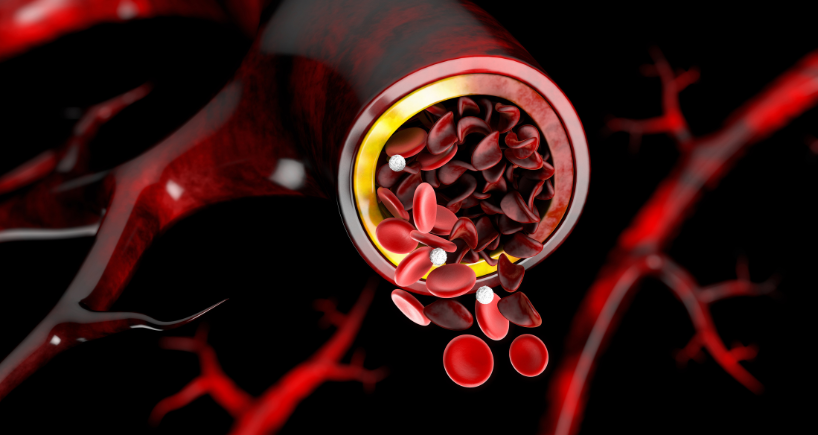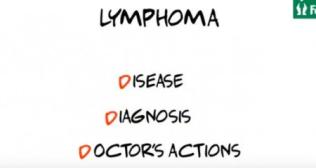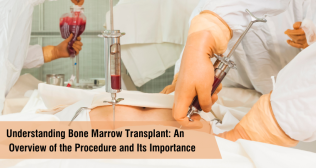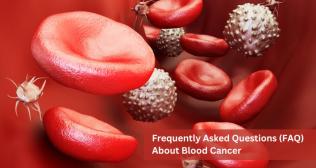
Sickle Cell Disease: What You Need to Know
Q1: What is sickle cell disease?
Ans :- Sickle cell disease (SCD) is a genetic blood disorder that affects hemoglobin, the molecule in red blood cells that carries oxygen throughout the body. People with SCD have abnormal hemoglobin, causing their red blood cells to become stiff, sticky, and crescent-shaped (resembling a sickle), which can lead to various health complications.
Q2: How is sickle cell disease inherited?
Ans :- Sickle cell disease is inherited in an autosomal recessive manner, meaning that an individual must inherit two abnormal hemoglobin genes (one from each parent) to have the disease. If a person has one abnormal gene (sickle cell trait), they are carriers and generally do not display symptoms of the disease.
Q3: What are the common symptoms of sickle cell disease?
Ans :- Common symptoms of sickle cell disease include severe pain (sickle cell crisis), fatigue, anemia, jaundice, swelling of the hands and feet, frequent infections, delayed growth, and vision problems. These symptoms can vary in intensity and frequency from person to person.
Q4: How is sickle cell disease diagnosed?
Ans :- Sickle cell disease is diagnosed through a blood test that checks for the presence of abnormal hemoglobin. Newborns in many countries are screened for sickle cell disease as part of routine neonatal screening programs.
Q5: How is sickle cell disease treated?
Ans :- Treatment for sickle cell disease focuses on managing symptoms and preventing complications. This may include pain management, blood transfusions, hydroxyurea (a medication that can reduce the frequency of sickle cell crises), bone marrow or stem cell transplants, and managing associated health problems like infections and organ damage.
Q6:_ Is there a cure for sickle cell disease?**
Ans :- As of now, there is no cure for sickle cell disease. However, ongoing research and advancements in medical treatments, including gene therapy and stem cell transplantation, hold promise for potential cures and improved outcomes for individuals with sickle cell disease.
Q7: Can sickle cell disease be prevented?
Ans :- While sickle cell disease cannot be prevented if a person inherits the abnormal genes from both parents, genetic counseling and prenatal testing can help identify carriers and guide family planning decisions. Early detection through newborn screening also allows for early intervention and management.
Q8: What are the complications associated with sickle cell disease?
Ans :- Complications of sickle cell disease may include acute pain crises, stroke, infections (especially in the lungs and urinary tract), acute chest syndrome, organ damage (kidneys, liver, spleen), anemia, and increased risk of certain infections. Regular medical care and disease management help mitigate these complications.
Q9: How does sickle cell disease affect lifespan?
Ans :- With advances in treatment and care, the life expectancy for individuals with sickle cell disease has significantly improved over the years. However, the lifespan and quality of life can still be impacted by the severity of the disease, access to healthcare, and overall health management.
Q10: Can individuals with sickle cell disease lead a normal life
Ans :- With appropriate medical care, managing symptoms, and making necessary lifestyle adjustments, many individuals with sickle cell disease can lead fulfilling lives. Regular medical check-ups, staying hydrated, avoiding triggers for pain crises, and adhering to prescribed treatments are essential for maintaining overall well-being.



















